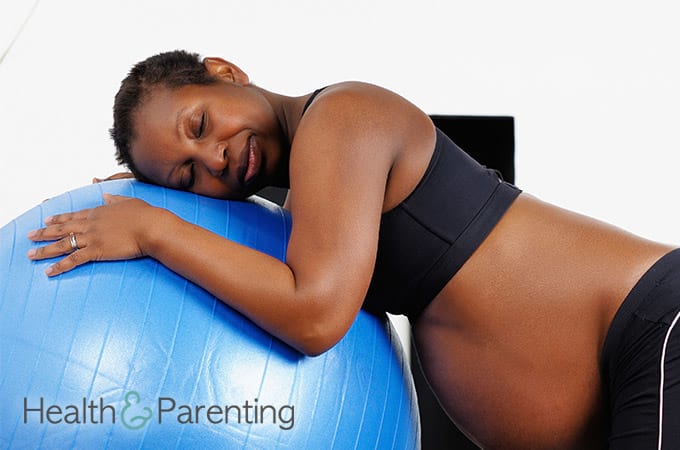A small number of babies each year (less than one percent) are “born before arrival.” For planned hospital births, this means the baby is born before arrival at the hospital. For home births, it means the baby arrives before the midwife.
It is very unlikely that this will happen to you, but there’s no harm in being prepared just in case. Bad weather, bad traffic and a short labour are all reasons why some babies are born before arrival. If unexpected circumstances mean your baby is going to be born before arrival, here’s what you need to do:
1. Stay calm – ok, easier said than done. This may not be happening in accordance with your carefully researched birth plan, but it is happening. It’s important to stay calm during labour, so concentrate on your breathing and try not to panic.
2. Call your healthcare provider and tell him or her what’s happening. Once you’re off the phone, call 911 and they will probably send some paramedics to your location. The operator will stay on the phone and will talk you, or whoever is with you, through what to do next.
3. If you are at home, leave the door unlocked so the paramedics can let themselves in.
4. To try and delay labour, you can try kneeling on all fours with your bottom in the air and your head pillowed on your forearms on the floor. However, this doesn’t always work. Follow your instincts, your body should tell you when to push and slow down. Try to stay calm and follow any urges to push.
5. You will be able to tell when the baby’s head is out. Feel down and gently check to see if the cord is wrapped around your baby’s neck. If it is, gently pull the cord over baby’s head. However, if the cord feels tight, leave it and you can deal with it once the baby has been born. Once the head is out, you will probably meet your baby after the next contraction.
6. Pull your baby straight to your chest and allow skin contact to warm the baby up. If you have one to hand, use a clean towel to dry the baby, this should stimulate your baby’s breathing. Keep your baby close and place a blanket over you both for warmth. Leave the cord intact and wait for the paramedics to arrive.
7. If the paramedics have not arrived when your third stage contractions start, you may need to deliver the placenta too. Follow your natural urges to push during contractions, and leave the cord intact once the placenta is delivered.
8. If you haven’t yet, and are planning to, try to feed your baby. By holding your baby to your chest for skin to skin, you may find that your baby latches on by himself.
An unplanned delivery can be a shock, but try to stay calm and remember, you can do this. The paramedics will arrive soon to help, but in the meantime you can do this.
Written by Fiona (@Fiona_Peacock), mother, writer and lover of all things baby related
This information is not intended to replace the advice of a trained medical doctor. Health & Parenting Ltd disclaims any liability for the decisions you make based on this information, which is provided to you on a general information basis only and not as a substitute for personalized medical advice. All contents copyright © Health & Parenting Ltd 2018. All rights reserved.











